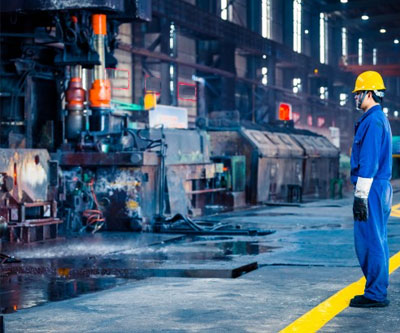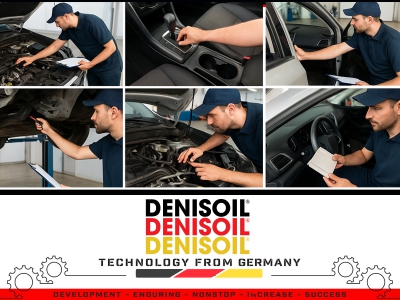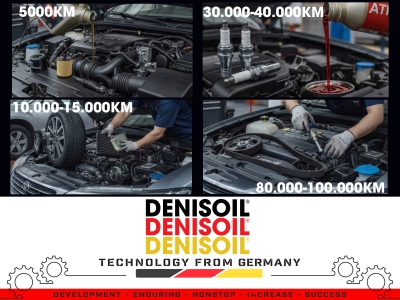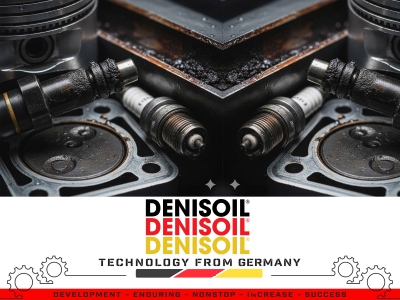Putting diesel fuel into a gasoline engine also causes serious consequences, but the mechanism is different from the reverse case. Here is the technical analysis:
1. Causes and Mechanism
- Gasoline: Highly volatile, ignites at low temperature, ignited by spark plugs.
- Diesel: Less volatile, ignites only under high compression, denser and more viscous than gasoline.
When diesel enters a gasoline system:
- Difficult to ignite under spark plug conditions → leads to incomplete combustion.
- Heavier and more viscous nature → clogs injectors, spark plugs, and catalytic converters.
2. Technical Consequences
- Hard starting or failure to start
- Diesel does not vaporize properly under spark ignition → results in an overly rich air-fuel mixture.
- Result: Long cranking, engine may not start, or stalls immediately after starting.
- Misfiring & power loss
- Gasoline burns but diesel remains unburned → misfire, vibration, black smoke.
- Effect: Weak engine, poor acceleration, possible stalling on the road.
- Rapid soot & carbon deposit build-up
- Incomplete diesel combustion produces soot that coats spark plugs, valves, and pistons.
- Consequence: Valve sticking, reduced combustion efficiency.
- Clogged fuel system & gasoline injectors
- Diesel’s high viscosity clogs fuel filters and injectors designed for lighter gasoline.
- Result: Fuel pump and injector damage.
- Damage to catalytic converter
- Unburned diesel produces soot, HC, and SOx → deposits clog and damage the catalyst.
- Repair cost: Very expensive catalytic converter replacement.
3. Severity Depending on Mixing Ratio
- Below 5% diesel: Car may still run but with smoke and poor performance. Fill up with gasoline to dilute and drive to a workshop.
- Above 10–20% diesel: Engine hardly runs, risk of stalling and fuel system damage.
- Full tank of diesel: Engine will not start, requires immediate intervention.
4. How to Handle If Detected
- Before starting:
- Do NOT crank the engine.
- Drain all fuel, flush the tank and lines.
- Replace fuel filter, refill with clean gasoline.
- After starting:
- Stop the car immediately.
- Tow to a workshop, drain and clean the fuel system, replace filter, clean combustion chamber and spark plugs.
- Check catalytic converter and fuel injectors.
Conclusion
Filling diesel into a gasoline car causes:
- Short-term: Hard starting, stalling, black smoke, vibration.
- Long-term: Clogged filters, damaged injectors, spark plugs, catalytic converter → high repair costs.
 Tiếng Việt
Tiếng Việt
 Chinese
Chinese
 English
English







